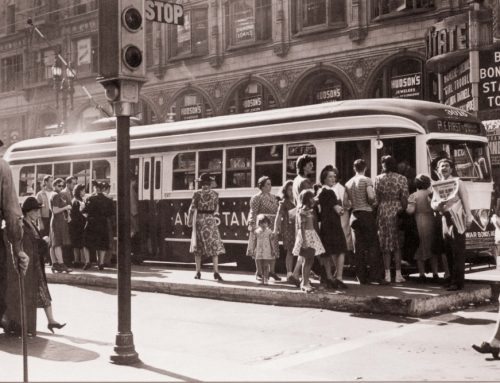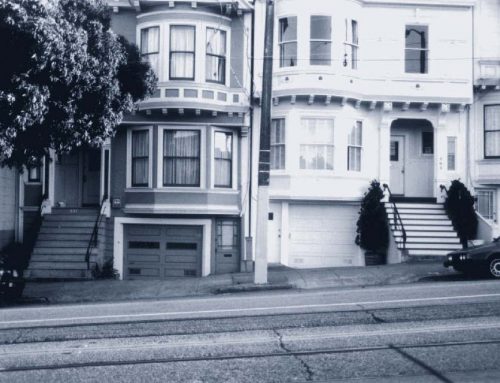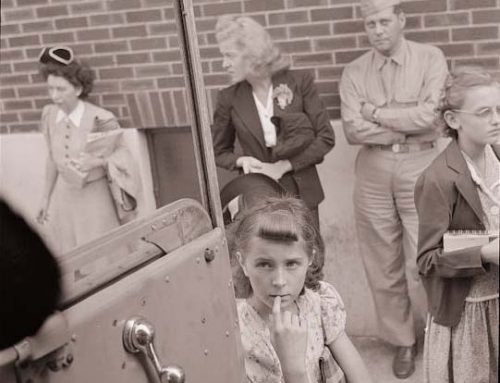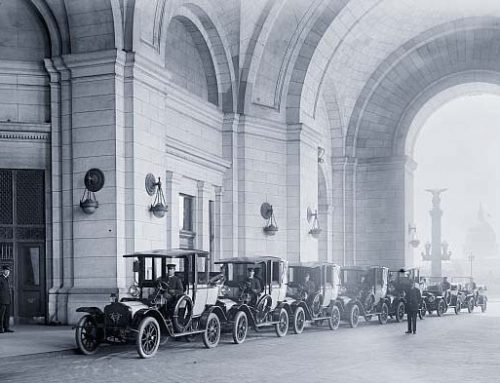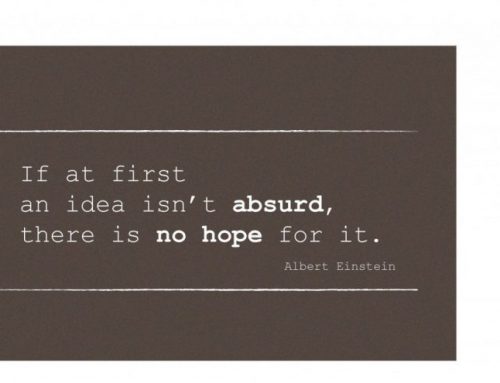ACCESS goes digital.
After publishing paper copies since its founding in 1992, and also publishing online since 1998, ACCESS will become entirely digital starting with this issue. Changes in readership have led to this change in format. During the past year, ACCESS had 191,000 page views from 122,000 readers in 70 countries, so we are eliminating the cost of paper and following our readers to where we now find them.
The goal of ACCESS remains the same: to make transportation research useful for policymakers and practitioners. After transportation scholars have published policy-relevant research in an academic journal, we invite them to prepare shorter and more readable versions for ACCESS, which has the luxury of stressing readability because a journal has already stressed rigor. Anyone who wants greater depth or more detail can refer to the original journal article. ACCESS can thus present scientific research in plain, intelligent, and even lively prose. Condensing a journal article for publication in ACCESS can catapult academic research into the public debate and help convert knowledge into action.
Easy reading is hard writing, both for authors and editors. In the editing we rely greatly on the contributions of graduate students who spend many hours helping our authors say what they mean. This year we are grateful to Sam Blake, Katherine Bridges, Lily Brown, Timothy Douglas, Jordan Fraade, David Leipziger, Rosemary McCarron, Taner Osman, Heidi Schultheis, Ryan Sclar, Qi Song, Jacqueline Su, Ryan Taylor-Gratzer, and Gus Wendel. It has been a great pleasure to work with them.
I am especially grateful to John Mathews, our Managing Editor for the past seven years. John has been both a great manager and a great editor. He is largely responsible for the growing online prominence of ACCESS, and for the many awards we have received, including the American Planning Association’s highest honor for a publication, the National Excellence Award for Communications Initiative.
I also want to thank Madeline Brozen for managing the publication of this first all-digital issue of ACCESS. She has been wonderful to work with and has set a high standard for the future.
Finally, I would like to thank both the California and the United States Departments of Transportation for providing the funds necessary to publish ACCESS. Their support has enabled our authors to take the vital last step in transportation research: make the results useful to public decision makers.
Donald Shoup
Editor of ACCESS


